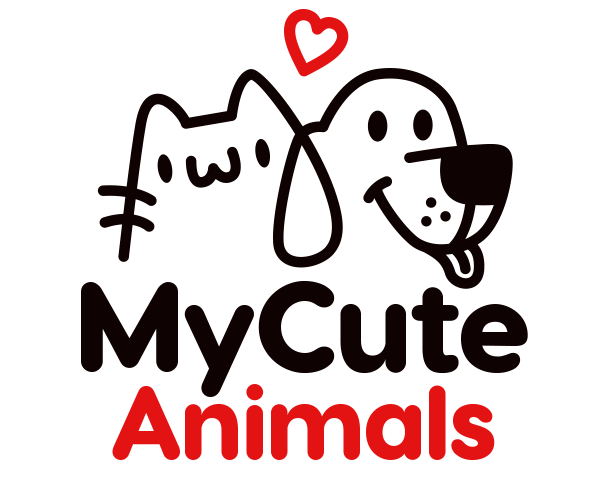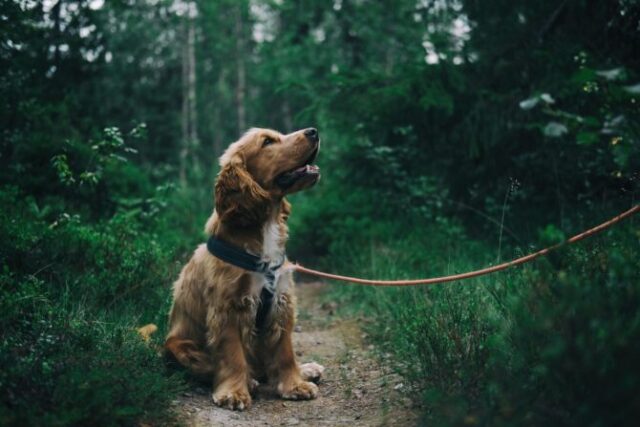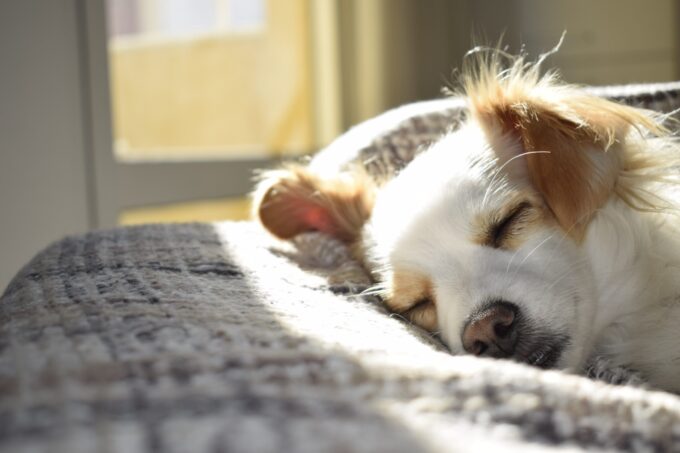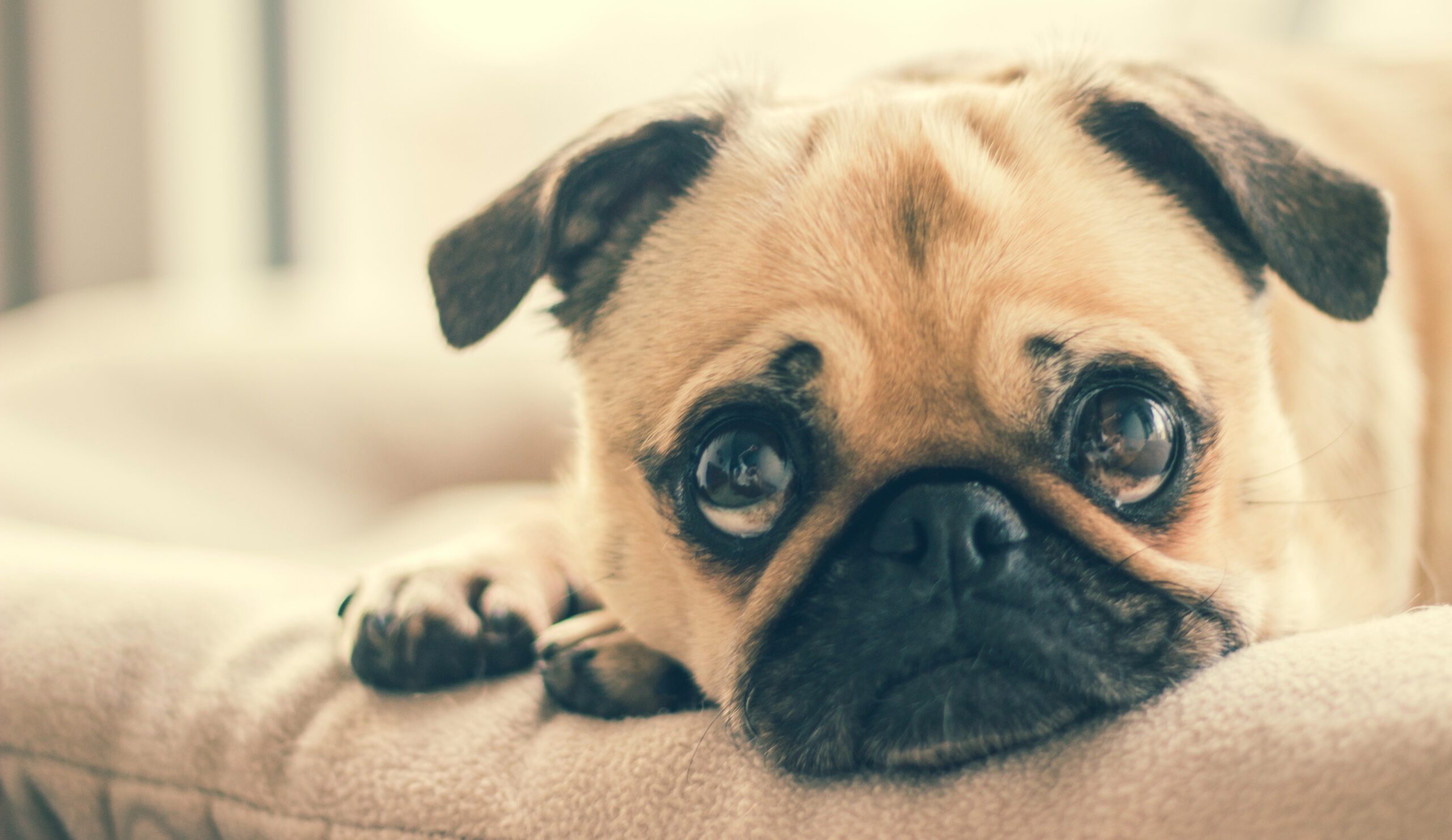Table of Contents
You might feel worried about side effects whenever you think about your puppy getting vaccinated. This is completely normal. But it’s also important to understand that vaccines are beneficial to our pets. It will help keep them healthy and protect them against different diseases.
The key is to prepare for potential risks and/or side effects. For instance, many dog owners complain of their puppy yelping after vaccination. In this post, we try to understand why this happens, what you can expect, and what you should do in case of vaccine side effects.
Puppy Yelping After Vaccination? Here’s What You Should Know
Your pup needs to get regular shots to stay safe from diseases like parainfluenza and rabies. Just like humans, animals can also feel side effects and could act awkward after their shots. Vaccines are strains of viruses modified in a way to help the body’s immune system fight and destroy it. So it is common for vaccines to produce adverse effects.
If your puppy is yelping after vaccination, it’s not something to worry about. Other obvious side effects include swelling and discomfort, as well as reduced appetite, sneezing, coughing, a runny nose, and fever. All these are pretty common and usually harmless.
Yelping and shaking after vaccination is your pup’s way of saying they’re not feeling alright. While this is completely natural, you should still look for any adverse reactions to make sure your puppy has not developed anything life-threatening. Your pet should stop yelping in a few hours, or in 1-2 days. If this problem persists, you should visit your vet.
Puppy Vaccination Side Effects
Again, it’s common for pets to experience side effects after their vaccinations. Many of these symptoms are mild. Yes, there are serious complications – but chances of this occurring are rare. The side effects happen as your dog’s immune system processes the contents of the vaccine.
Any swelling, tiredness, and soreness from vaccination should subside in 1-2 days. Mild fever is a common reaction, too. You may notice your pup being lethargic with decreased appetite. Depending on the vaccine, there are canines that exhibit coughing, sneezing, and a runny nose.
A couple of more serious side effects include difficulty breathing, collapsing, itchy skin, diarrhea, vomiting, swelling of the face, eyes or neck, and skin rashes. These should be reported to your vet as soon as possible. While yelping, crying, and shaking are common in puppies after vaccination, you should keep an eye out for any of the symptoms mentioned.
Puppy Crying a Lot After Vaccination?
A lot of people find that their puppies yelp and cry a lot after vaccinations, particularly when they are picked up. This is normal and nothing to worry about. This is because the injection site immediately swells right after vaccination. The result is a small, firm bump under the skin.
This swelling can cause pain or discomfort to your pet. It’s most likely the main reason for the yelping or crying. Your pup could be feeling uneasy or distressed after getting the shot. The puppy is yelping to get your attention. When this happens, be there for your fur baby as much as you can.
The bump or swell should subside in a day or two (and should the yelping). When it doesn’t, do call your vet and schedule a check-up.
Most pups don’t even experience any side effects after vaccination. But should yours do, it’s quite natural. Remember: your puppy yelping after it is picked up could be from the swelling of the injection site. So be very gentle!
Puppy Shaking After Shots?
Shaking is one of the ways your puppy will signal to you that something is up. It’s a kind of body language like drooling, ear dropping, and cowering. Shaking is one of the most common reactions to vaccination. It’s generally associated with pain and discomfort.
The swelling at the injection area is what causes the shaking. The canine might shake for about 24 hours after the shot. But if there are no other symptoms such as trouble breathing, then there’s no need to worry. Your pup should stop shaking in a few hours once it feels better.
To reduce your pet’s discomfort, try giving it a cozy place to rest. Give your fur baby his favorite food and plenty of water. Don’t fret if it doesn’t eat or drink much. Give it time to recover; however, do check up on it every now and then to see it does not show any serious reactions.



